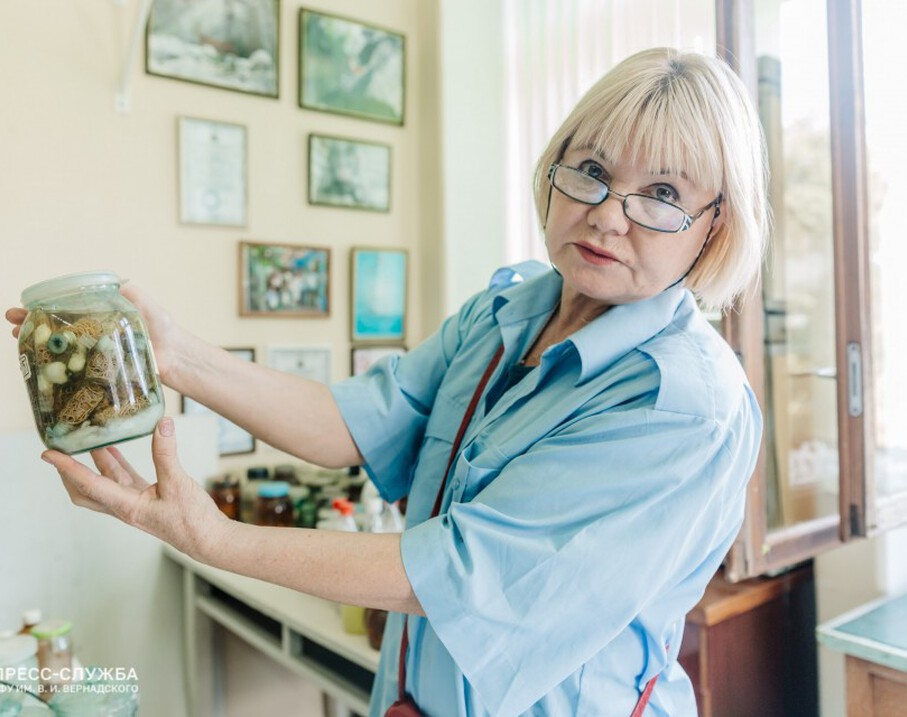
Known for their expertise in various scientific fields, researchers in Crimea have taken on the task of establishing a vast collection of worms. This project aims to highlight the significance of these often overlooked organisms and study their important ecological roles.
The collection, which is planned to be one of the largest in Russia, will serve as a comprehensive resource for scientists and researchers interested in studying the intricate world of worms. By gathering specimens from various habitats and regions, the scientists hope to capture the incredible diversity of these organisms.
The scientists are employing various methods to collect worms, including traditional soil sampling, trap-building, and even collaborating with local communities to gather specimens from different environments. This collaborative approach not only promotes public engagement in scientific research but also ensures a more comprehensive collection.
Once collected, each worm specimen is carefully identified, categorized, and preserved for further study. The scientists are particularly interested in investigating the ecological roles played by worms, such as their contributions to nutrient cycling, soil quality, and ecosystem stability. Understanding these roles can have implications for agriculture, conservation, and environmental management strategies.
The research team also aims to study the genetic diversity of worms by analyzing DNA samples. This genetic data will provide insights into the evolutionary relationships and adaptations of different worm species.
In conclusion, Crimean scientists are working diligently to create one of the largest collections of worms in Russia. By showcasing the immense diversity and ecological importance of these organisms, this project aims to contribute to scientific knowledge and raise public appreciation for the often underestimated creatures that play vital roles in our ecosystems.

















